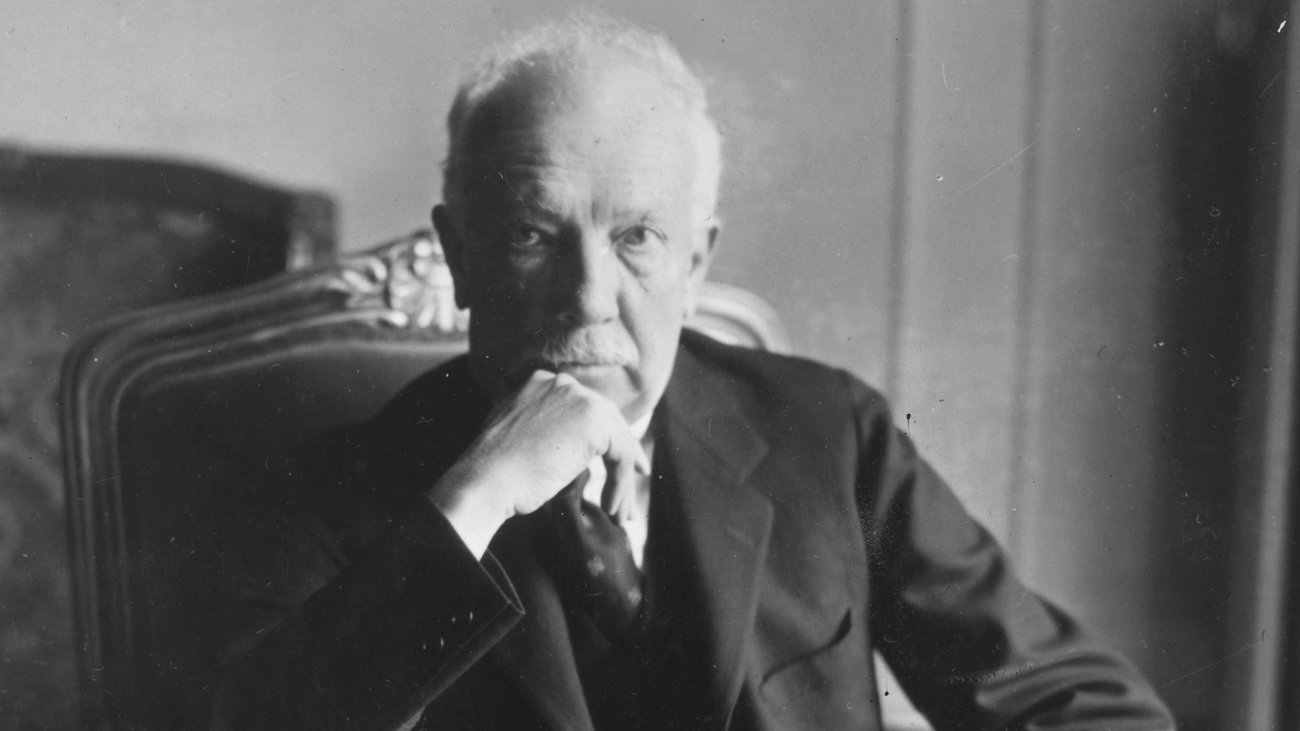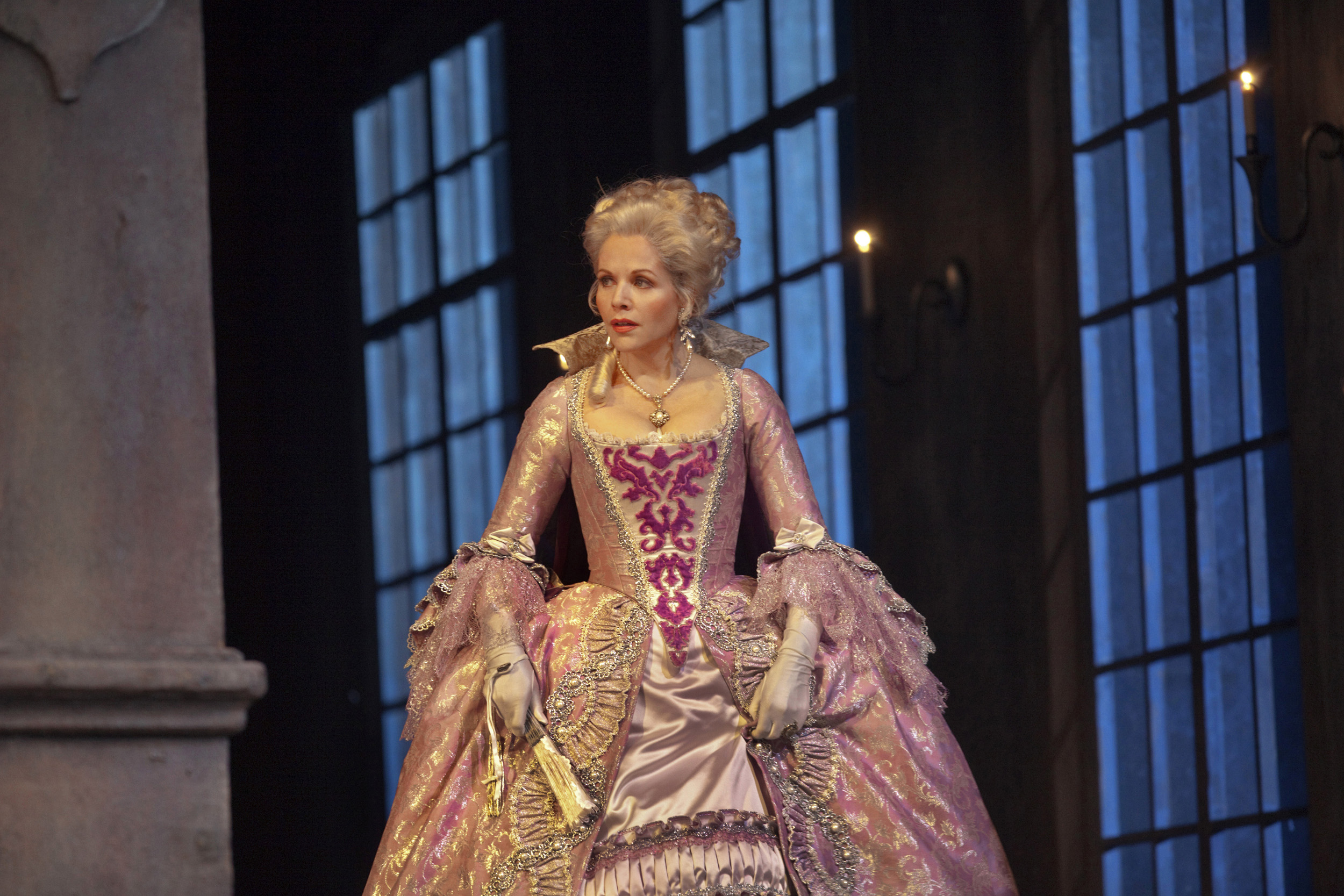Strauss’ “Muttertändelei” and the Joys of Motherhood
Just look at my beautiful child, With long, golden locks, Blue eyes and rosy cheeks People, do you also have one like it? People, no you have not! Richard Strauss’ ebullient 1899 song, Muttertändelei (“Mother Chatter”), captures the joy of a new mother who would not give her child away “for all the coins in the world.” The comic text is by the German poet, Gottfried August Bürger (1747-1794). The song is filled with sudden, delirious …







